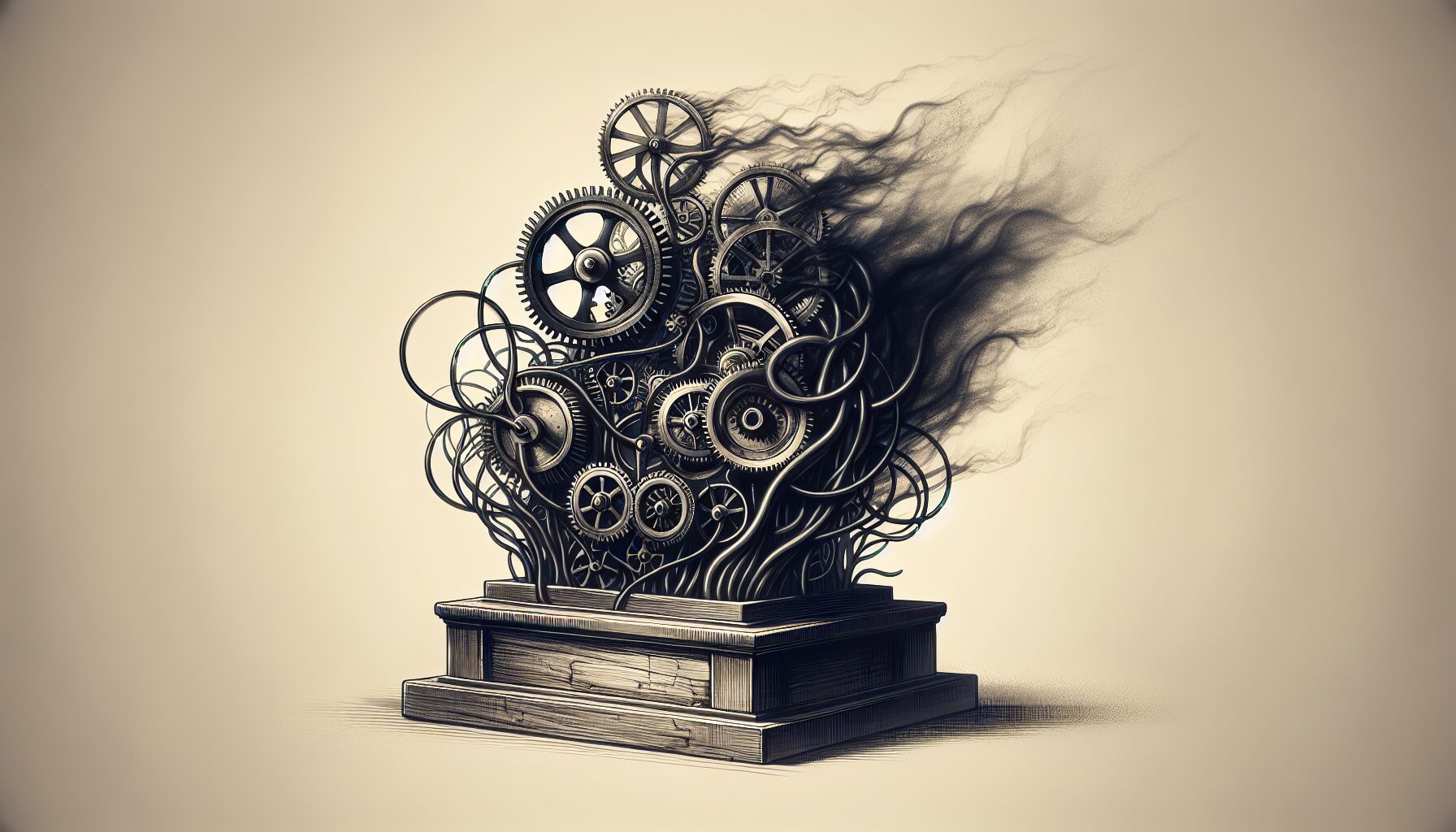Organizational Karma: Systems That Inherit the Errors of Their Founders
In the intricate tapestry of organizational life, the concept of “Organizational Karma” emerges as an intriguing phenomenon. Much like individuals carry the weight of past actions, organizations often find themselves under the shadow of their founders’ decisions. These foundational choices, whether beneficial or flawed, ripple through time, sculpting the very essence of the organization’s trajectory.
The Foundation’s Shadow
The decisions made at the inception of any organization resonate throughout its life span. From company culture to operational processes, initial choices can create a legacy—sometimes of innovation and success, other times, of recurring challenges.
“The bottleneck is at the top of the bottle.”
Drucker’s words encapsulate the core idea of organizational karma. The culture and values set by founders often establish a path-dependent trajectory, leading successive leaderships to inherit both the strengths and weaknesses of their predecessors. This inherited culture can shape the organization’s adaptability, as evidenced in numerous case studies.
Manifestations of Organizational Karma
- Cultural Legacy: A company’s early cultural decisions can instill values that persist. IBM, for example, has long been known for its formal dress code and conservative culture, with roots tracing back to its inception in the early 20th century. Such cultural norms can become ingrained, making change particularly challenging.
- Technological Inertia: The technology stack that an organization chooses initially can have long-term effects. Organizations that opt for proprietary systems, for example, may find themselves constrained in the future, unable to easily adapt to open-source or more modern solutions, akin to how organizations locked into legacy systems still grapple with digital transformation today.
- Operational Practices: Founders’ decisions around operations—whether focusing on centralized vs. decentralized structures—can dictate an organization’s ability to scale or adapt. The benefits and drawbacks of these original structures become apparent as the organization grows.
Breaking the Cycle
Organizations hoping to overcome the pitfalls of their inherited karma can take proactive steps. Embracing flexibility and fostering a culture of continuous learning can ameliorate the negative impacts of past decisions. Forward-thinking leadership that is willing to challenge the status quo can redefine the trajectory of the organization.
In conclusion, while the notion of organizational karma suggests that the errors of the past can haunt present-day operations, it also provides a framework for improvement. Understanding these inherited challenges can empower organizations to evolve and transcend their foundational limitations, crafting a new legacy for future generations.
